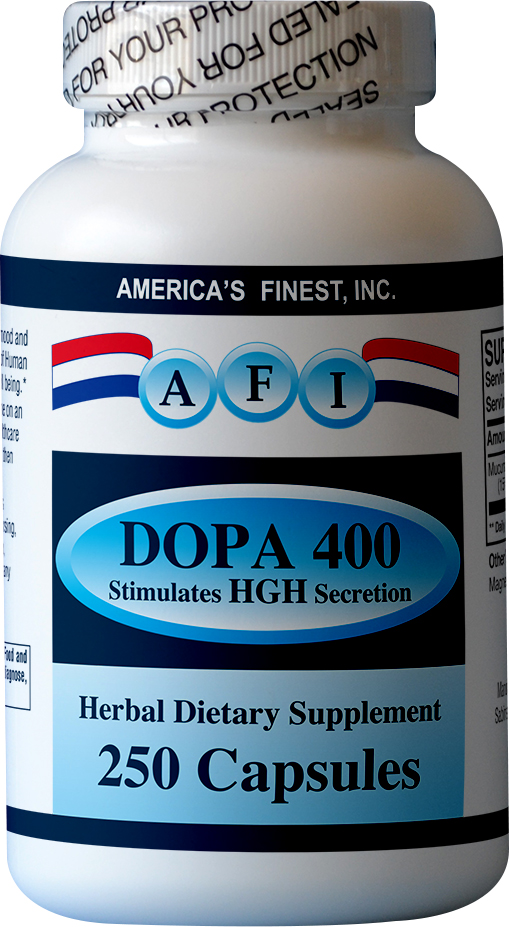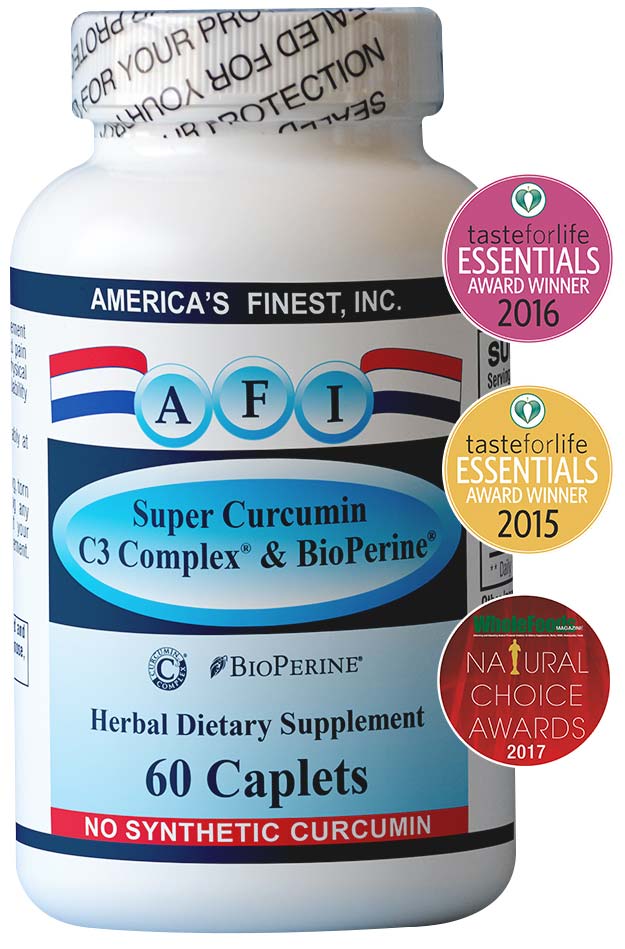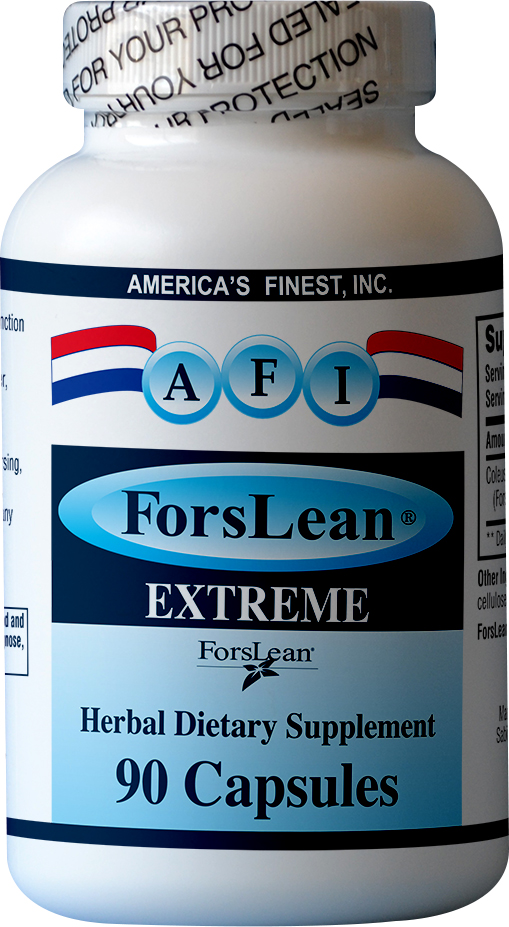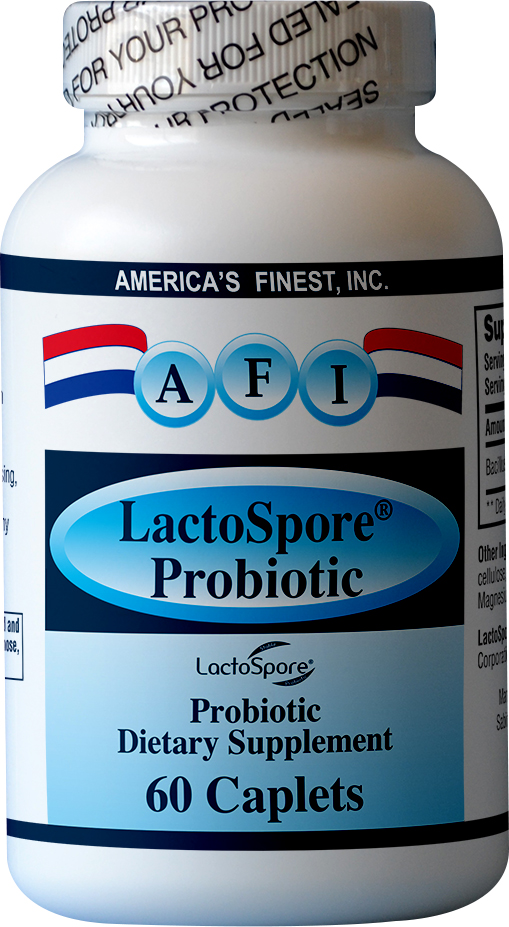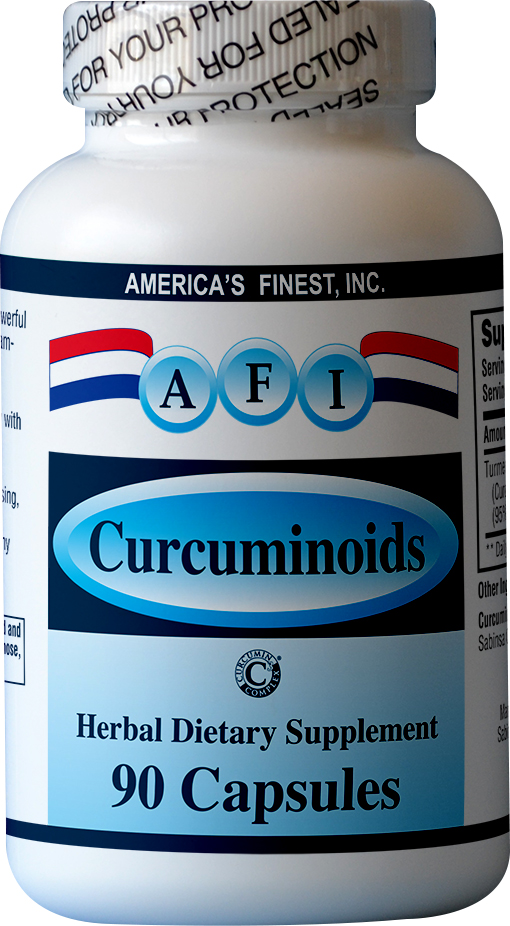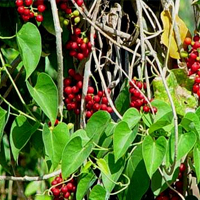Key to Improve Your Brain Function and Optimize Mental Health Lies in Ayurvedic Herbs
Traditional Ayurvedic medicine has a long history of supporting memory-related issues, cognition, and other disrupted brain activities caused by aging or disease. The ancient Indian Ayurvedic system of medicine describes numerous plants and their extracts to treat a range of mental disorders, which we now recognize today by the symptoms described in Ayurveda as depression, Parkinson’s disease, memory loss, hysteria, anxiety, insomnia, migraine, or Alzheimer’s disease. In Ayurveda, ‘medhyarasayanas’ are herbal drugs that boost memory, improve mental function, and restore cognition. Ancient Ayurvedic prescriptions range from single herbs to decoctions including the whole plant or the seeds, fruits, roots, bark, stems, flowers, or the entire aerial parts of plants.
Today the tendency is to look for natural herbal remedies to support brain health because synthetic prescription drugs have only partial or transient success in their treatment. This is particularly true of drugs used to treat Alzheimer’s disease—they have temporary or minimal success in treating symptoms and no success in slowing the progression of the disease. In patients suffering from Parkinson’s disease, the beneficial effects of L-Dopa therapy usually disappears after four years of treatment.
The following herbs having the long history of promoting mental health have been clinically-validated for their claims.
Bacopa monnieri (Brahmi)
Bacopa monnieri is a perennial, creeping, aquatic herb native to the wetlands of southern India, Australia, Europe, and North and South America. Its therapeutic importance is extensively described in Ayurveda. It is also known as “Brahmi,” named after Brahma, the creator-God of the Hindu pantheon. Ancient Sanskrit texts like Charaka Samhita, Atharva-Veda, and Susrut Samhita term Brahmi as a “Medhya rasayana”–class herb taken to sharpen intellect and attenuate mental deficits. The herb was believed to be used by ancient Indian Vedic scholars to memorize lengthy sacred hymns and scriptures.
A meta-analysis of studies using Bacopa monnieri shows that taking the extracts results in consistent improvements in language behavior and memory improvements in memory-impaired persons. Significant improvements were also seen in hyperactivity and attention-deficit disorders.
Human trials with Alzheimer’s patients suggest that regular consumption of Bacopa monnieri extract might be a good strategy to delay the onset of Alzheimer’s disease, something that prescription drugs have failed to do. Although clinical testing of Bacopa monnieri is still in its infancy, a review on Bacopa concluded that there is evidence that “Bacopa could potentially be clinically prescribed as a memory enhancer” even in non-demented subjects. Bacopa monnieri improved 9 out of 17 free recall memory tasks in one study. Another study demonstrated improved memory span with Bacopa, while a third analysis supports previous findings that Bacopa monnieri “most effectively reduces the rate of forgetting, but not acquisition or other aspects of cognition.”
Bacopa monnieri extract reduces alpha synuclein aggregation and prevents dopaminergic neurodegeneration in an animal model of Parkinson’s disease, the two primary hallmarks of Parkinson’s disease. In most patients with Parkinson’s, symptoms appear only when 80% of the dopaminergic neurons are gone. Treatment with Bacopa extract also restored the lipid content in C. elegans, a roundworm species, suggesting its potential as a possible anti-Parkinson’s natural extract. In another study, Bacopa monnieri extract showed increased lifespan of ordinary wild-type nematodes, which also demonstrates that long-term administration of the extract is relatively safe and non-toxic.
In a rat model of Alzheimer’s disease, oral Bacopa monnieri extract completely reversed the damaging effects of injected colchicine on the brain.
Centella asiatica (Gotu Kola)
Centella asiatica, also called as Gotu Kola is a perennial herb and a member of the same plant family as parsley and carrots. It grows abundantly in the wetlands of Asia, South Africa, and Australia. Traditionally, Gotu Kola has been used Chinese, Indonesian, and Indian Ayurvedic medicine as a natural remedy for a range of ailments. It is thought to be effective brain health promoter, as it is known to be useful against mental fatigue, anxiety, depression, memory loss, and insomnia. Legend has it that ancient sages used it as a ‘meditation aid’ and it has been thought to restore balance to the left and right hemispheres of the brain.
Several clinical trials have been conducted using Centella asiatica extract for treating disorders involving cognitive impairment or improving cognition in normal subjects. In a study of 28 healthy elderly volunteers, daily administration of Centella asiatica extract at the higher dose of 750 mg daily for two months enhanced working memory and improved self-rated mood following treatment. The authors of the study concluded that Centella asiatica “attenuated the age-related decline in cognitive function and mood in the healthy elderly.”
Beginning in the late 1970s, clinical testing of Centella asiatica showed that the plant extract could improve mental function. In a double-blind study of mentally-deficient children, improvements in mental function were recorded in the 3rd and 6th month of Centella asiatica extract treatment.
On the opposite end of the age spectrum, 60 subjects (average age: 65 years) previously diagnosed with mild cognitive dysfunction were given 500 mg of Centella asiatica extract twice daily for 6 months. Significant improvement in cognitive function using the Mini Mental State Examination (MMSE) scoring system at the end of six months was observed.
The question of whether Centella asiatica can improve the cognition of normal subjects was demonstrated when 41 middle-age healthy volunteers (22 women and 19 men) were enrolled in a cognitive performance study using Centella asiatica extract taken once daily for two months. The Woodcock-Johnson Cognitive Abilities Test III demonstrated that the extract had “remarkable positive influence” on all of the subjects’ mental abilities tested.
Emblica officinalis (Amla, Indian Gooseberry)
Amla is an edible fruit used in Ayurvedic traditional medicine and is grown as a food by Indian families in their gardens. Amla is also mentioned as a maharasayana in Ayurvedic writings to promote intelligence and memory. It serves as an essential ingredient in making a mental tonic called ‘chyawanprash’, a delicious nutritive jam-like product that has been used in Ayurveda for thousands of years, which offers a range of health benefits. It also has known digestive and immune support properties. Researchers have studied the effects of the tannins present in Amla fruit on free radical pathology in the brain in animal models. Their results showed that Amla extract given orally to rats normalized reductions in oxidative free radical scavenging enzymes (superoxide dismutase, catalase, and glutathione peroxidase) in rat brain frontal cortex and striatum, lowering brain cell membrane damage.
Studies suggest that tannins, but not the vitamin C are responsible for the potent antioxidant activity of Amla extracts. Amla has neuroprotection against aluminum-induced brain toxicity in rodent studies and protects against pentylenetetrazole-induced seizures, an experimental model for epilepsy.
Overall, Bacopa monnieri, Centella asiatica, and Emblica officinalis—all can be considered as most powerful natural supplements for brain health, better thinking, sharper focus, and improved memory retention without any side effects.


